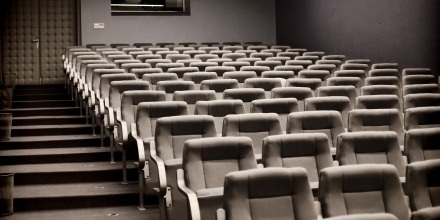Indonesian cinema after the New Order

Event details
Indonesia Study Group
Date & time
Venue
Speaker
Contacts
Since the end of the New Order in 1998, feature film making in Indonesia recovered from its nadir that followed the twin financial and political crises of the late 1990s. Today Indonesian cinema is a vibrant culture industry producing stars, television spin-offs, blockbusters, international collaborations, sequels, remakes, and international film festival success. Given that most scholarship on Indonesian cinema was theorised during the New Order, the post-authoritarian context demands new ways of studying and understanding cinema that take into account the liberalisation of the economy and how new modes of political participation have altered relations between state and society.
Studies of feature film in Indonesia primarily used a ‘national cinema’ framework that embodies a division between high art and popular culture, between commerce and idealism, and between natives and non-natives. Post 1998 Indonesian cinema is governed by market relations which shape funding and production relationships, creativity and censorship, the role of the state, and the importance of audiences as consumers. By re-conceptualising cinema as pop culture, this talk positions cinema as a cultural product that helps to explain ‘going mainstream’ of film over the last twenty years as it moved from the cultural periphery to integrate with other pop culture forms such as music, advertising, and television and becoming increasingly transnational in focus.
Updated: 2 September 2024/Responsible Officer: Crawford Engagement/Page Contact: CAP Web Team






